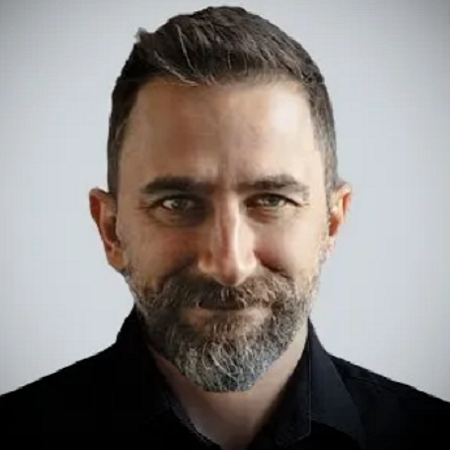The basis of what an occupational therapist does, regardless of the area they are working in, is to assist a client with their occupations, identify goals and help the client work towards achieving them.
OTs and mental health
OTs working in mental health have completed additional training to develop skills to work with people experiencing mental health issues. They focus on how a person is functioning and how their symptoms are impacting on their quality of life.
People with mental health issues can benefit from occupational therapy because of the functional approach to treatment.
OTs can provide clients:
- cognitive assessments and cognitive treatment
- sensory strategies
- group programs
- socio-emotional skills
- return to work support
- development of communication skills
- development of independent living skills such as cooking.
Did you know?
Fun fact - despite being well known for our role in the physical health environment, OTs originally started working in mental health settings.
OTs worked with individuals experiencing ‘shell shock’ during World War 1, supporting them to do activities such as crafts as a way of engaging them in a meaningful task to help distract them from their negative thoughts.
What I do working with clients through St John of God Social Outreach
As a community mental health caregiver with St John of God Social Outreach, I work with clients under Mental Health Care Plans.
I identify goals in their treatment sessions and work with the client to achieve them.
If the client has anxiety, I’ll look at strategies to assist with this, such as sensory techniques, thought challenging (CBT framework), changes to their routine and activity. We focus on the person, their environment and their values.
Regardless of the treatment approach, my aim as an OT is to help clients identify goals and work towards achieving those goals.
Anyone diagnosed with a mental health illness can benefit from occupational therapy to help them live life to the fullest.








